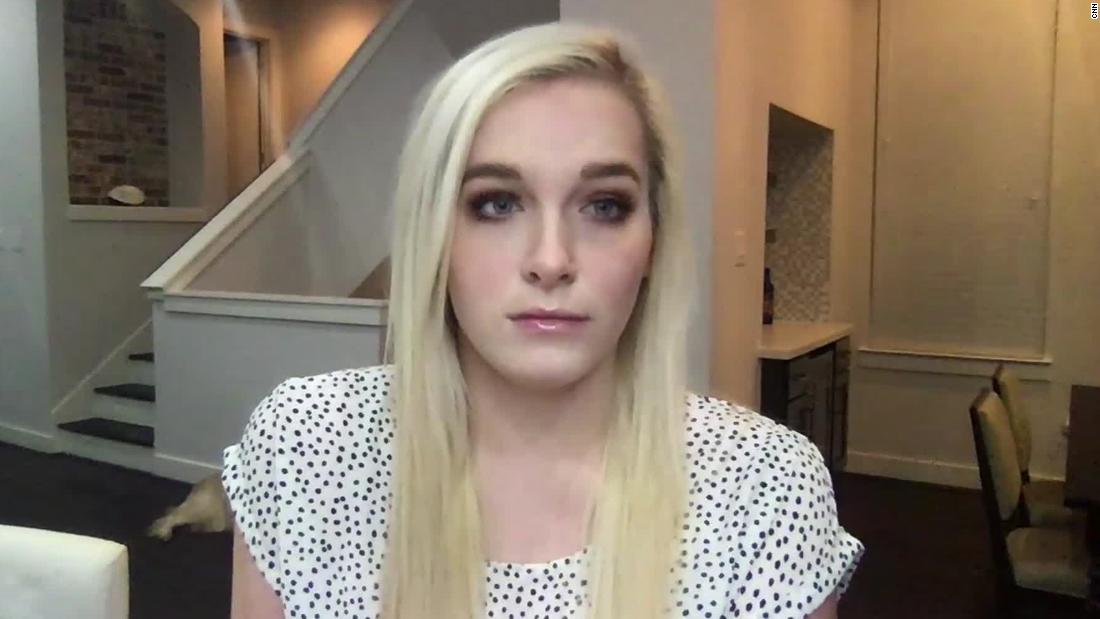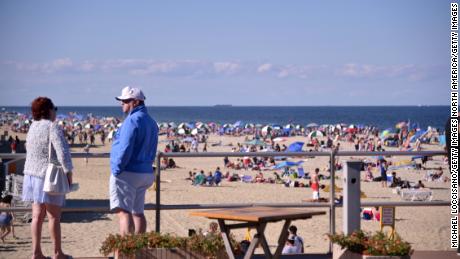She stayed home during most of the lockdown, but then cautiously started to venture out. Right around that time, she came down with Covid-19.
“I wasn’t going to crowded restaurants. I wasn’t going to crowded places in general (or) social settings,” she recalled.
She resumed grocery trips and even went back to a gym. And right around then, to her frustration, she came down with Covid-19. She still doesn’t know where she picked it up.
“That was one of the first things that I said, was, ‘How could I have possibly gotten this?'” Chesser said. “I was so anxious about getting it since this all started in March, February.”
“So when I actually picked it up and I wasn’t able to pinpoint it, I finally had to really let that go, because it didn’t change the fact that I had it or not,” she said.
And Dr. Robert Redfield, the CDC’s director, singled out younger generations specifically on Tuesday, asking them to take precautions seriously, because even if they’re less likely to die of Covid-19, they may play a significant role in transmitting the disease to others.
He especially asked them to wear masks, which health officials say can help prevent infected people — even ones who don’t know they’re infected — from spreading the virus.
Chesser was very sick for eight days, she told CNN.
“In the very beginning, I had really horrible skin sensitivity, headache, cough, sore throat,” she said. “And then right around Day 4 … is when I lost my sense of smell and taste.”
She said she barely ever had a fever — the highest temperature she knew of was 99.6 or 99.7 degrees Fahrenheit.
“Just do your part and take care of everyone in the community, because we kind of owe that to one another, to just do the small things that could have a really big impact,” she said.
CNN’s Andrea Kane and Amanda Watts contributed to this report.
![]()




